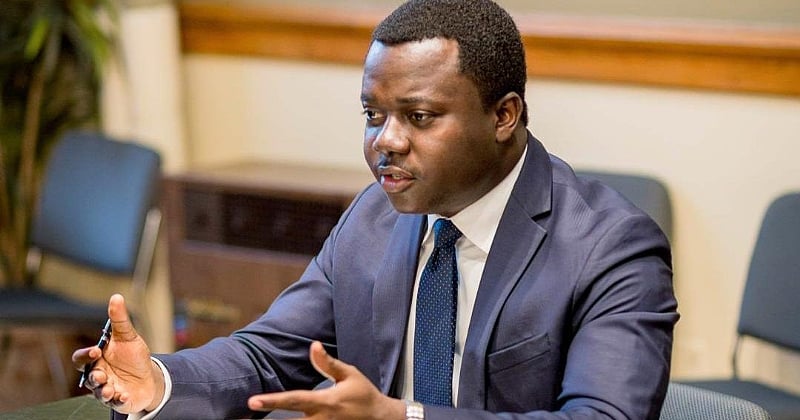The political landscape in Ghana is witnessing a renewed debate surrounding the Proper Human Sexual Rights and Ghanaian Family Values Bill, commonly referred to as the anti-LGBTQ+ bill. Former Deputy Minister for Education, John Ntim Fordjour, has publicly challenged President John Dramani Mahama’s recent stance on the bill, accusing him of backtracking on previous commitments made while in opposition. Fordjour’s contention stems from President Mahama’s suggestion that the bill, which had expired with the dissolution of the 8th Parliament, should be reintroduced as a government-sponsored initiative rather than a private member’s bill. This shift in approach has raised concerns about the President’s commitment to the bill’s core principles, particularly considering his earlier assurances to the clergy and the Ghanaian populace of his intention to assent to the bill if he were in power.
The core of the disagreement revolves around the procedural approach to reintroducing the bill in Parliament. While in opposition, President Mahama reportedly expressed strong support for the bill and indicated his willingness to sign it into law. Now, as President, he advocates for a government-sponsored bill, arguing that integrating Ghanaian family values into the educational curriculum would render a separate law unnecessary. This apparent change of strategy has sparked accusations of inconsistency and a perceived attempt to distance himself from the controversial legislation. Ntim Fordjour’s public call for the President to honor his prior commitments highlights the escalating tension surrounding the issue and the potential political ramifications for the Mahama administration.
The controversy surrounding the anti-LGBTQ+ bill reflects a broader societal debate in Ghana regarding human rights, cultural values, and the role of legislation in shaping social norms. The bill, in its previous iteration, aimed to criminalize various LGBTQ+ activities and expressions, drawing criticism from human rights organizations both within Ghana and internationally. Opponents argued that the bill violated fundamental human rights and could lead to discrimination and persecution of LGBTQ+ individuals. Proponents, on the other hand, framed the bill as a necessary measure to protect traditional Ghanaian family values and prevent the perceived erosion of cultural norms. This clash of perspectives has fueled a highly polarized public discourse, with strong opinions on both sides of the issue.
President Mahama’s suggestion to integrate Ghanaian family values into the educational curriculum, while seemingly aimed at addressing the concerns underlying the bill, has been met with skepticism. Critics argue that this approach lacks the concrete legal framework necessary to effectively address the issues the bill sought to regulate. Furthermore, they question the practicality and potential effectiveness of instilling specific values through education as a substitute for legal prohibitions. The debate underscores the complex interplay between legislation, education, and cultural values in shaping societal attitudes and behaviors.
The renewed focus on the anti-LGBTQ+ bill highlights the ongoing struggle to balance competing interests and values in Ghanaian society. The government faces the challenge of navigating a sensitive and deeply divisive issue while upholding its commitment to human rights and respecting diverse perspectives. President Mahama’s call for a government-sponsored bill, while potentially offering a more controlled legislative process, could also be interpreted as a strategic maneuver to manage the political fallout associated with the controversial legislation. The ensuing debate will likely shape the future trajectory of LGBTQ+ rights in Ghana and influence the broader discourse on human rights and cultural values within the country.
The political implications of this renewed debate are significant. The controversy surrounding the bill has the potential to polarize the electorate and influence the political landscape in the lead-up to future elections. The government’s handling of the issue will be closely scrutinized by both domestic and international stakeholders, and its decisions will likely have far-reaching consequences for Ghana’s reputation on the global stage. The challenge for President Mahama is to find a path forward that respects the diverse perspectives within Ghanaian society while upholding the country’s commitment to human rights and democratic principles. This delicate balancing act will require careful consideration of the complex social, cultural, and political dynamics at play.


